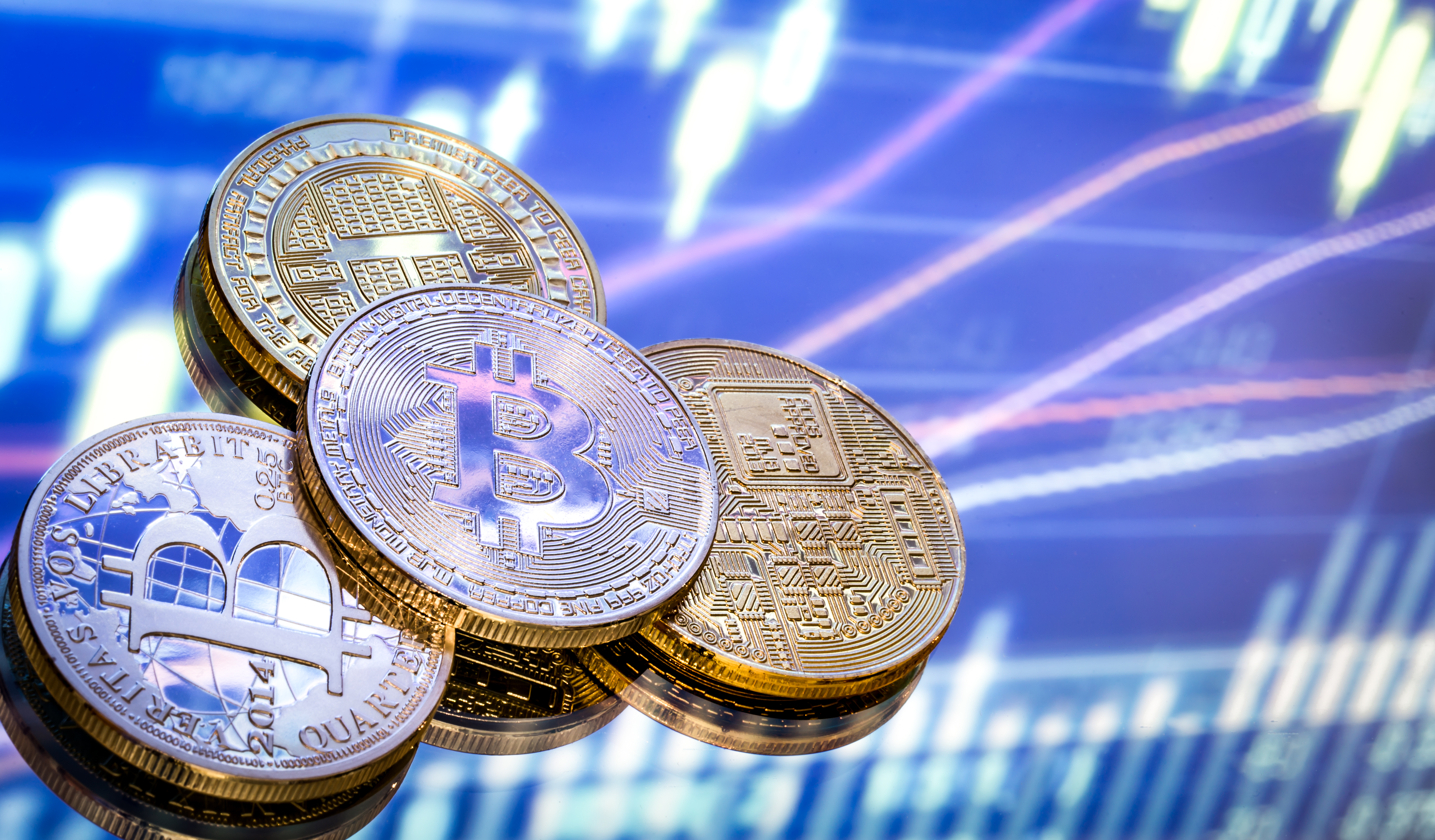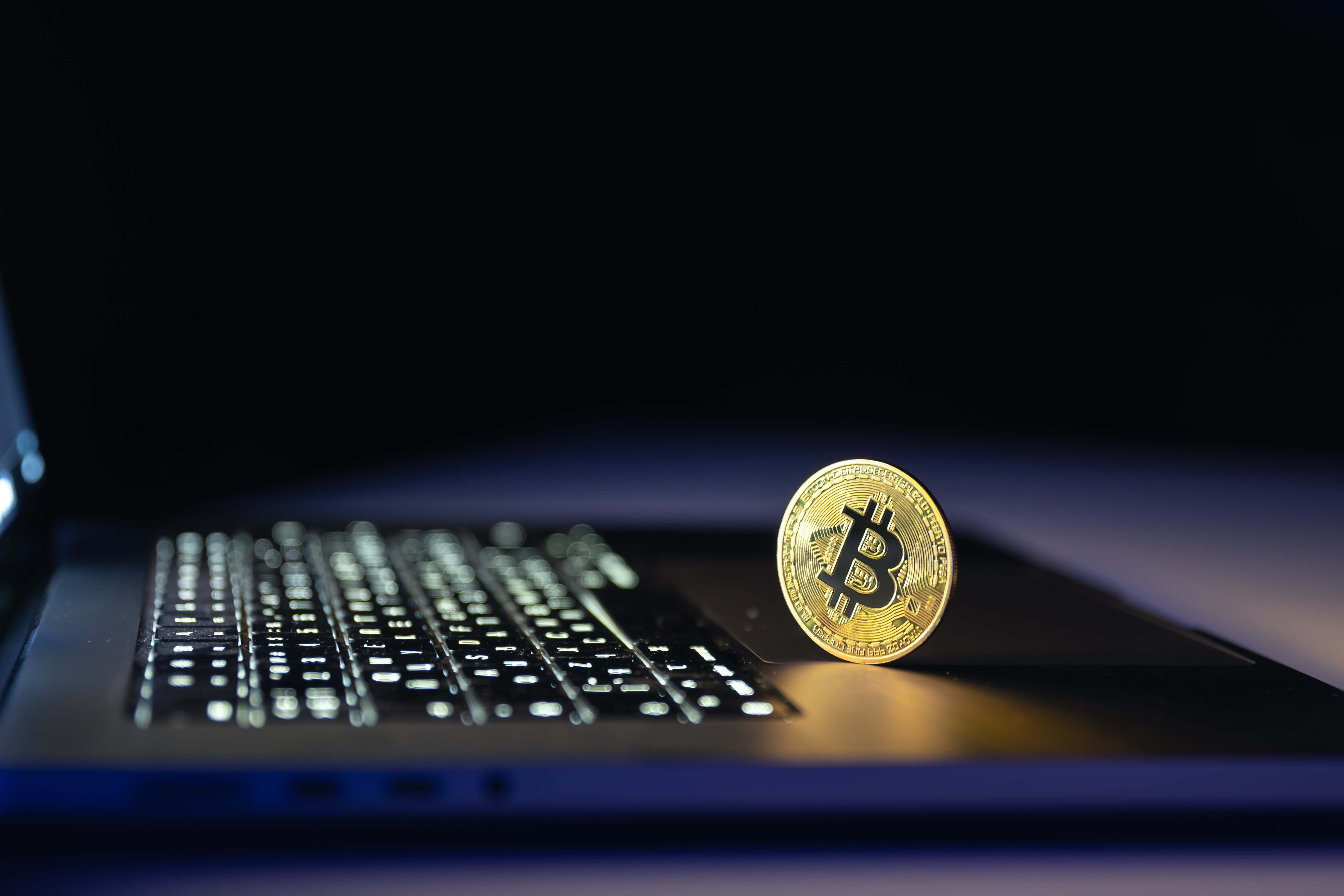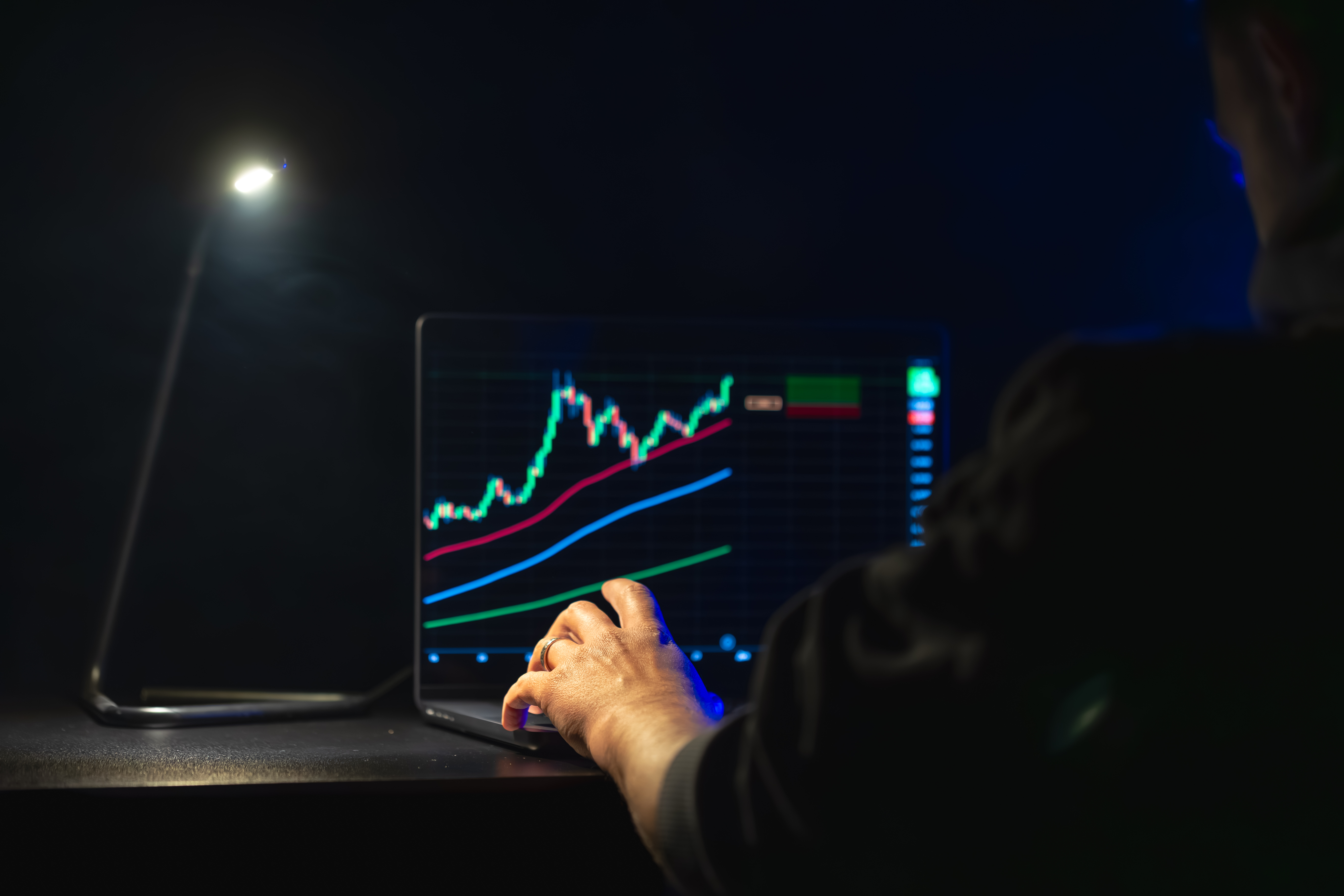Just as the stock market can be affected by geopolitical tension, the crypto market is also vulnerable to global uncertainty, changes in policy and investor sentiment. However, the stock market and crypto market aren’t always influenced by the same factors. In some cases, factors that trigger downturns in traditional assets may in fact cause crypto prices to rise, and vice versa. For instance, in April 2025, President Donald Trump's announcement of global tariffs led to significant volatility in global markets. The Dow Jones Industrial Average plunged over 4,000 points within 48 hours, while Bitcoin experienced a sharp decline, dropping some 12% following the announcement.
Understanding how geopolitical tension affects the crypto market is a key consideration for crypto users looking to make the most of their digital assets. So, in this article, we take a closer look at what factors typically affect the crypto market in particular, and how recent geopolitical tension has affected the crypto market in recent weeks.
What factors affect the crypto market?
The crypto market can be unpredictable. Asset prices are often influenced by market sentiment, which could be swayed by media coverage, regulatory changes, and even social media trends. Government announcements on changes to crypto-related policy, or institutional endorsement of crypto adoption can be hugely influential given their positive impact on market sentiment. For example, in 2021 news that major companies such as Mastercard were starting to support crypto payments, increasing the utility of digital assets, led to price increases across multiple tokens.
Another example of regulatory changes positively affecting the crypto market took place in January 2024 when the Securities and Exchange Commission (SEC) approved 11 spot Bitcoin ETFs. This decision made it possible for traditional investors to get a piece of the Bitcoin action without directly investing in the cryptocurrency. The fact that Bitcoin was introduced into mainstream conversations on investment was an undeniable boost for its legitimacy, and thus has a positive impact on market sentiment.
In August 2024, during President Donald Trump’s political campaign, his pledge to make Bitcoin a strategic national asset in the U.S. led to a significant price surge in Bitcoin in particular. As the dominant cryptocurrency, this also had a knock-on effect on the rest of the market, pulling most altcoins up with it. The unprecedented announcement boosted investor confidence and signaled potential mainstream political backing, which injected fresh momentum into the market.
How has recent geopolitical tension affected the crypto market?
Recent geopolitical tension, such as the trade war sparked by the announcement of tariffs on importers to the United States, has had an undeniable impact on the crypto market. In early April 2025, President Donald Trump announced sweeping tariffs on goods being imported from most countries, particularly from Canada and China. This decision sent shockwaves through both traditional and crypto markets, with experts warning of the possibility of inflation and even a global recession. Bitcoin, which had been trading at over $80,000 dropped sharply below $75,000 within 48 hours, marking its steepest dip in months. Major altcoins such as Ethereum (ETH) and Ripple (XRP) also experienced losses of around 7% and 6% respectively, reflecting broader market sentiment and dampened confidence.
That being said, the crypto market does not always respond so predictably to political unrest. Cryptocurrencies can, and have, act as a safe haven for investors, and attract investors as an alternative store of value during periods of market instability. For example, during the first months of the Covid-19 in 2020, global markets saw severe downturns amid the onset of global uncertainty. Bitcoin, however, experienced a significant surge. After an initial drop of over 40% in March 2020, Bitcoin's price rebounded sharply, closing the year at $28,993, marking a more than 400% increase from its initial dip in March. Fueled by concerns over fiat stability and low interest rates, both retail and institutional investors turned to Bitcoin as a hedge against economic uncertainty.
For more on crypto trends, information on investing in crypto, how to use Limitlex, or to open a trading account with us, visit www.limitlex.com.



